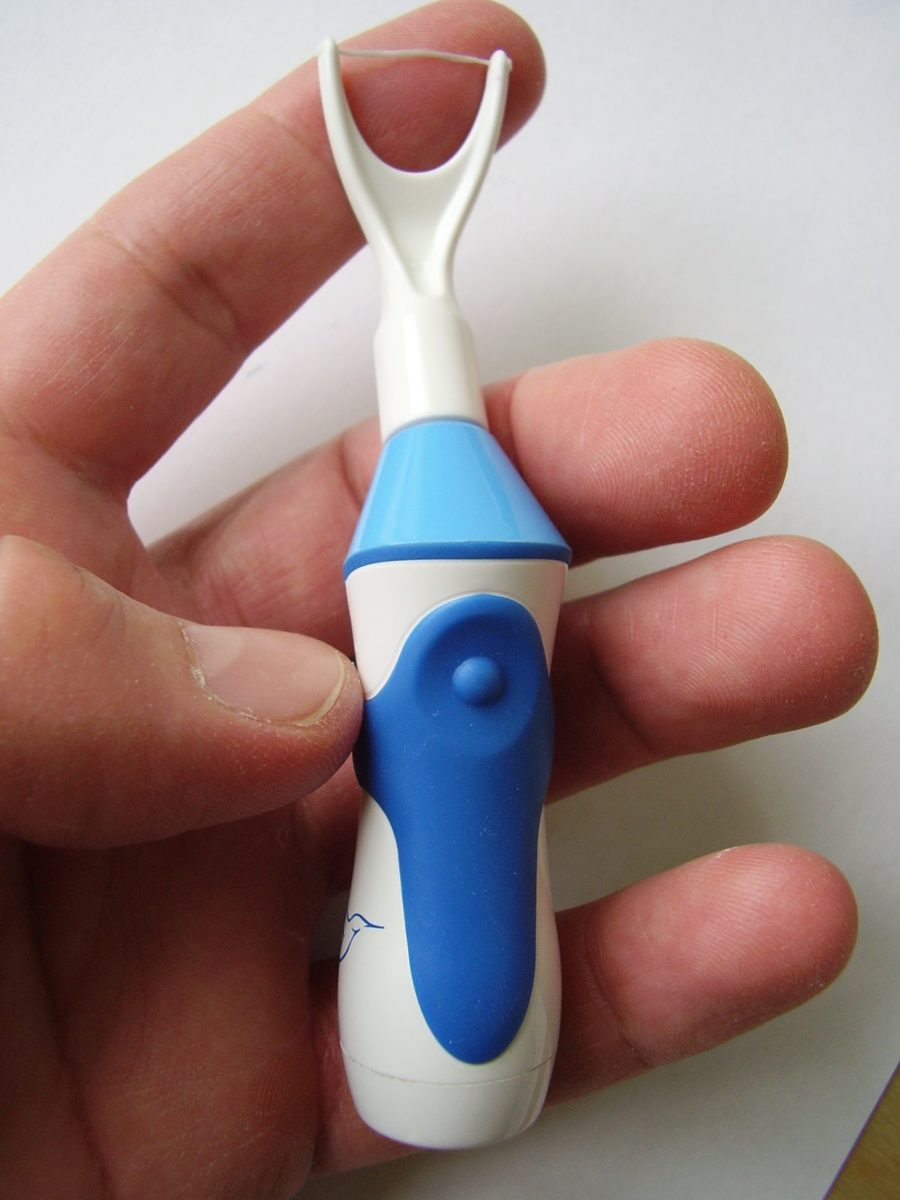
How to Have a Healthy Pregnancy and Avoid Periodontal Disease
Here at Salmon Creek Family Dental, the dentist in Vancouver WA, we have patients who are expecting and ask us questions regarding oral health care. When

Explore our blog to stay informed about the latest dental topics, tips for a healthier smile, and expert insights from our team. Whether you’re curious about treatments, oral care routines, or new advancements in dentistry, our blog has you covered!

Here at Salmon Creek Family Dental, the dentist in Vancouver WA, we have patients who are expecting and ask us questions regarding oral health care. When
We all know daily stress can cause a myriad of health problems like depression, high blood pressure, skin disorders and even heart-related issues. Even more

Flossing is as important for good dental health as brushing our teeth, but what if you’ve never made flossing a regular part of your dental